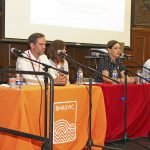In association with Aviva Community Fund 2017
Being a dad with young kids, my blog tends to focus on young families and the issues they face. On this occasion I’m going to focus on older people and the issue of digital inclusion.
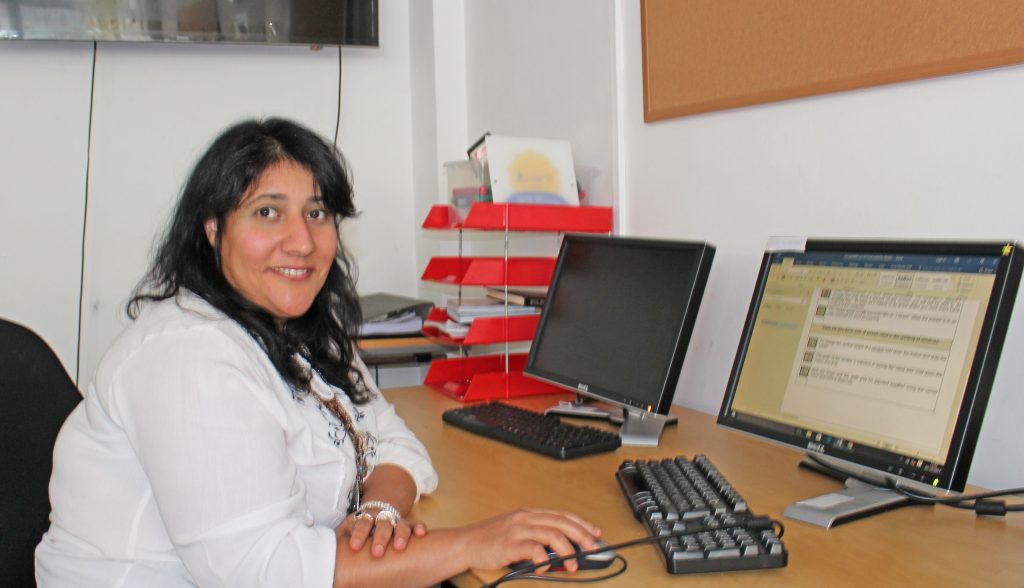
Imagine if you didn’t know what the space bar was on a keyboard or a mouse. How would you cope if you didn’t know how to open a Word document or send an email?
Now, imagine that you are near retirement age, live in one of London’s poorest boroughs, live thousands of miles away from your family and don’t speak English as a first language. Being computer illiterate is not only a barrier to earning a living, it is a barrier to assimilating into the local community and a cause of incredible social isolation.
I’ve just been to visit an amazing project in Edmonton, North London that helps people who are in this very position. Known as Digital Inclusion for Older Champions (DIOC), the project was established by Sue Halawa of the Skills and Training Network.
The DIOC project received £10,000 from the Aviva Community Fund in 2016. This has enabled Sue and her colleagues to employ teachers and cover the costs of volunteers so they could provide four hours of training a week over a 10-week period. So far, around 70 people have been on the course.
“The main idea was to connect them to the outside world,” explained Sue.
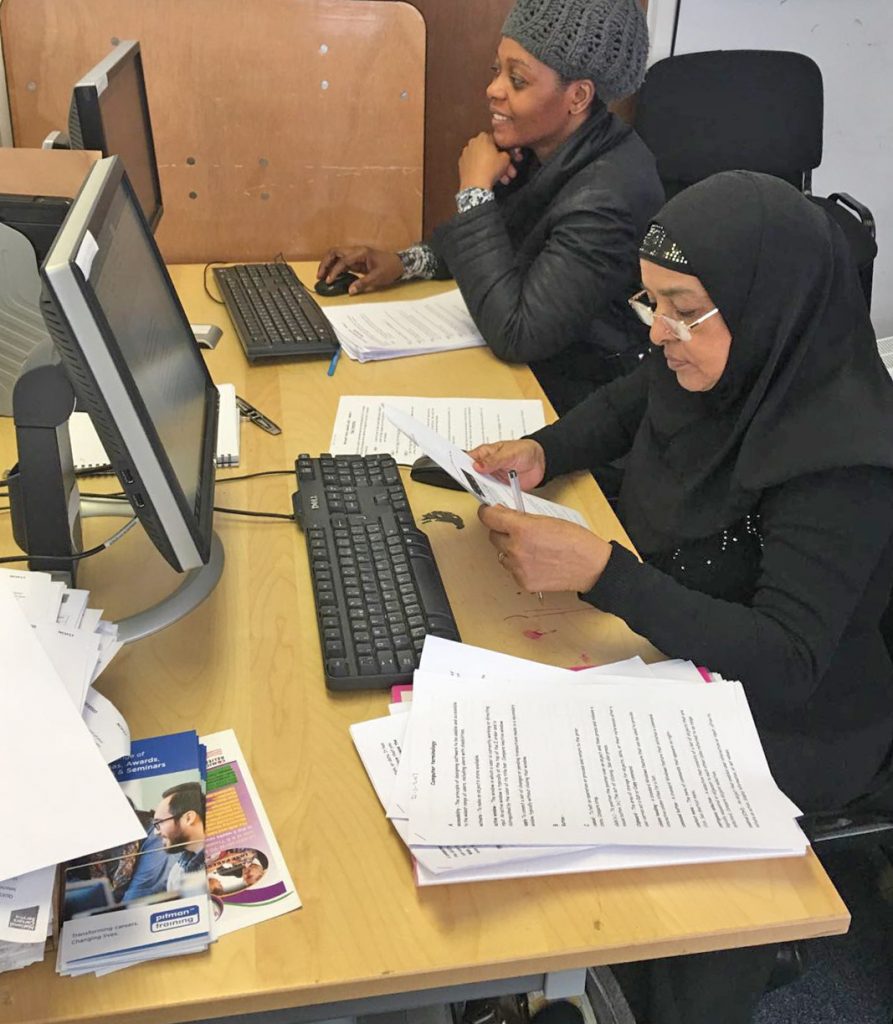
Sue showed me some of the training materials her students work through. They include worksheets describing what a space bar is, how to drag-and-drop and exercises to demonstrate they have learned how to scroll up and down a page.
It is quite something to come into Sue’s small offices in Edmonton and imagine 15 people in there receiving this training. These are skills my primary school-aged children already have, but Sue outlines the impact on older people who have never had the opportunity to learn what is second nature to younger generations.
Benefits applications must now be processed online, as are many job applications and of course you need word processing skills to create a CV. For those with family living overseas, they miss out if unable to use social media.
“They like Facebook and Instagram,” Sue says of her students. “They did not get on with so well with Twitter, but they like being able to post and see pictures.”
The students can develop their skills further using an online learning programme called Learn My Way. They don’t get formal qualifications for taking part because of the expense involved, but they do get a certificate of attendance and can go on to nearby colleges to sit qualifications if they wish.
DIOC has had successes beyond getting people to understand the basics of a computer. Sue tells me of one woman who attended the course, picked up the basics of using a computer and is now employed by a local school.
Sue explains that those who attend the course sometimes have low esteem and poor self-confidence. In addition to taking part in the DIOC programme, many stay on for confidence training.
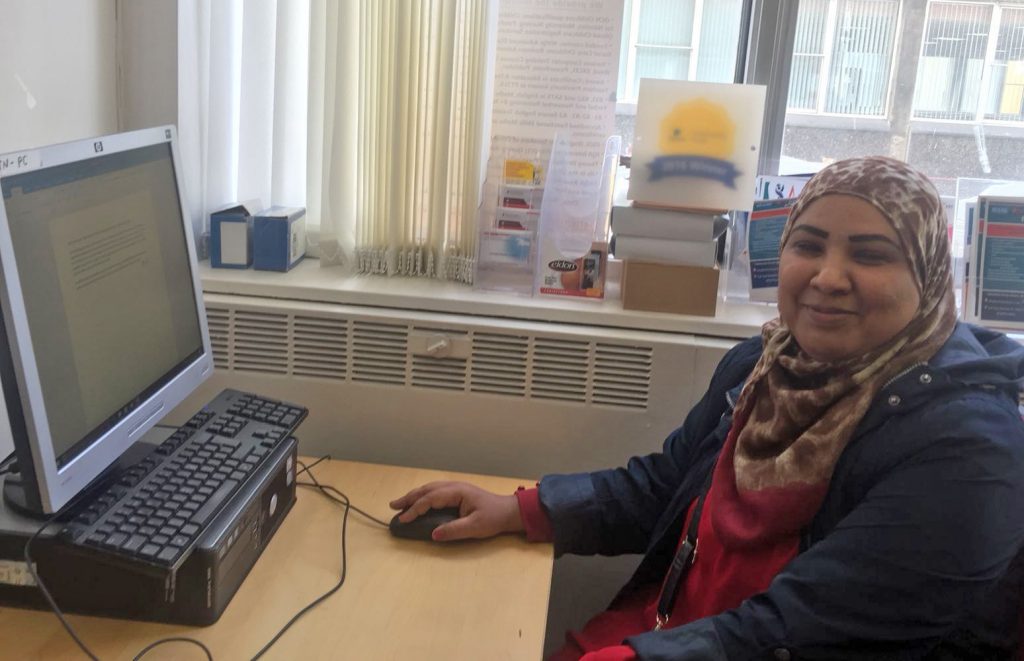
Sue is clearly very driven to help her local community. She hopes to launch another project that will help single parents set up and run their own businesses.
She’s done her research on the Borough of Edmonton and tells me around 30% of people living there have no formal qualifications. It is an area where a community programme like DIOC can have a massive impact.
It doesn’t take too much imagination to think what it must be like to send your first email or write your first Word document at the age of 55. It must feel amazing!
The Skills and Training Network is a charity and relies on charitable funding. Without backing of the Aviva Community Fund, the DIOC could not have got off the ground. The funding for the DIOC clearly illustrates how small things can make a huge difference to a local community.
Hearing Sue’s stories of students who have learned how to use a PC or learned how to post to Facebook or use Word, I’m struck at how much of this I take for granted. I fully appreciate the social isolation the DIOC’s students must have experienced.
It’s work that I hope Sue is able to continue with. It would be amazing if she gets her project for single parents off the ground. I leave wishing her every success.
DO YOU KNOW A LOCAL PROJECT THAT NEEDS FUNDING?
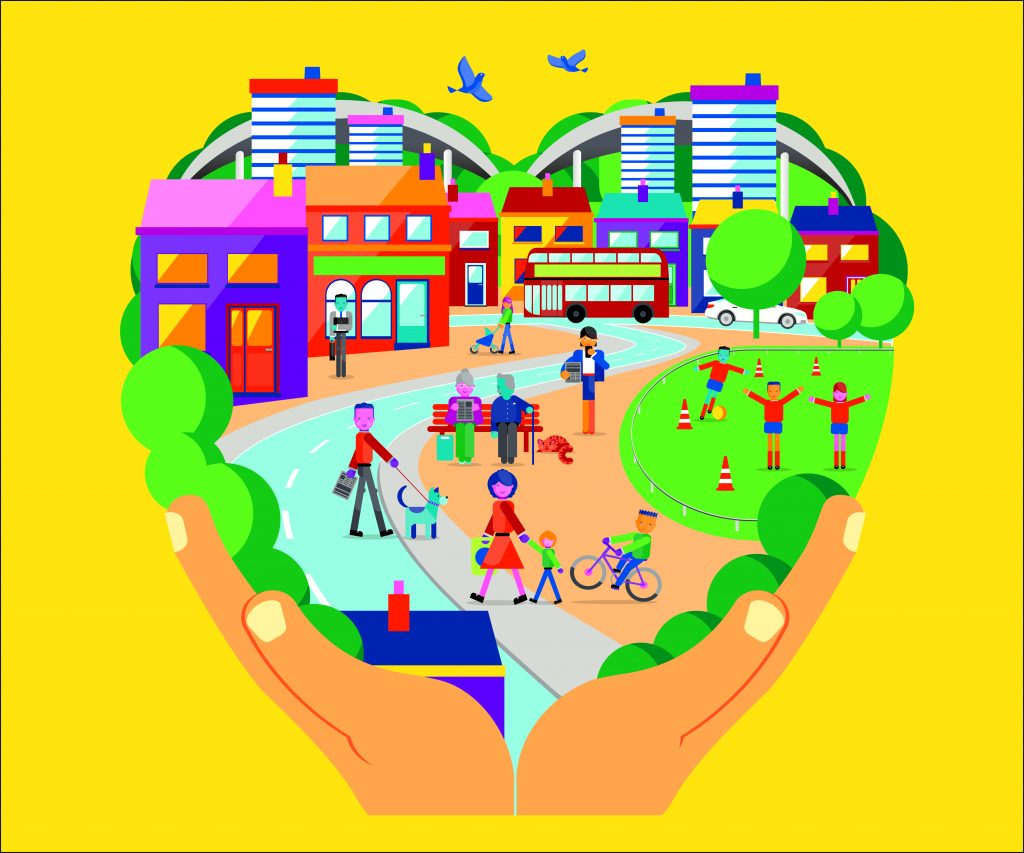
For local projects, an ordinary thing can mean everything, but funding may be a challenge.
That’s where the Aviva Community Fund 2017 comes in, supporting good ideas making a real difference where it matters most.
Aviva is offering four funding levels, from up to £1,000 to £25,000. To apply for funding, just tell Aviva how your project will make a positive change in one of these categories:
- Health and wellbeing
- Skills for life
- Community support
- Inclusivity
You’ll need votes to get your project to the finals, so start rallying friends, family and neighbours now! However, Aviva knows how much work it can take for volunteers in smaller projects to pull their entries together and rally voters.
Most smaller projects ask for funding up to £1,000, so to recognise all their hard work, Aviva will automatically give the first 200 projects to reach 1,000 votes in this funding level the funding they ask for. If you’re one of the lucky 200 projects, Aviva will let you know. If you’re not one of those 200 projects, you’re still in with a chance of winning your funding.
To get involved, submit a project or vote visit www.aviva.co.uk/community-fund. Entries opened on 12th September, closing dates for entries on 10th October 2017.
Disclosure: This commissioned post was produced in association with Aviva Community Fund.



